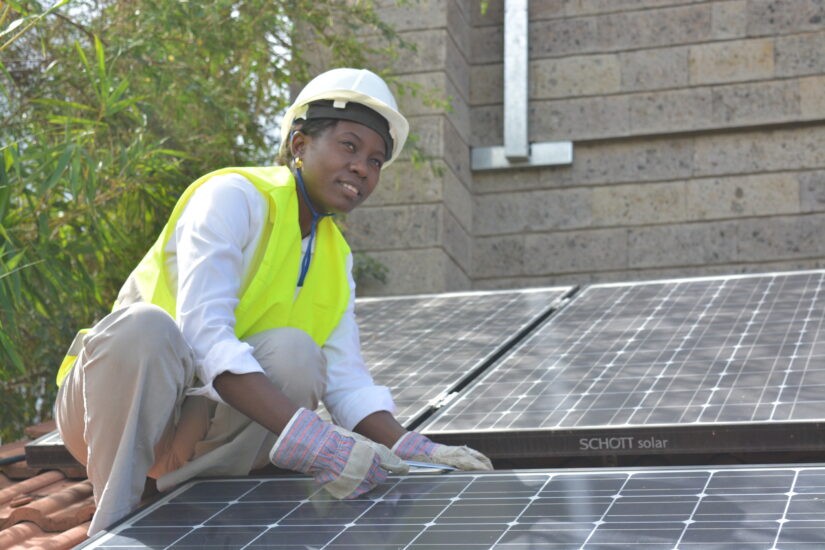
The positive impacts of renewable energy development for people and the planet are widely acknowledged. However, the direct contribution of local renewable energy projects to local community well-being has received limited attention to date. Our new study describes a social performance approach to investing in the energy sector that focuses on promoting the well-being of individuals and energy project host communities.
While the Paris Climate Agreement and the 2030 Agenda for Sustainable Development, with its Sustainable Development Goals (SDGs), have been rightfully celebrated as global milestones towards securing livelihoods and opportunities now and in the future, they lack societal ownership among communities, who play a decisive role in driving the necessary sustainability transformation.
The many positive effects of local energy projects, such as community revenues, are largely regarded as secondary co-benefits, if not entirely ignored by development policies and practices. Tapping into these opportunities for effective policies and practices in climate action and international development calls for a different approach to sustainable energy development: a social performance approach to energy development and investment of the kind.
An important aspect of this social performance approach is its focus on the direct contribution of sustainable energy investments in fostering the well-being of individuals in a manner that reflects their aspirations for good quality of life. Energy policy should not simply be monitored to assess its incidental co-benefits, but should be intentionally designed and implemented with a view to maximising the social performance of local energy projects and contributing to the UN Sustainable Development Goals.
Publication:
Mbungu, G. K., & Helgenberger, S. (2021). The social performance approach. Fostering community well-being through energy-sector investments. IASS Discussion Paper, June 2021. DOI: 10.48481/iass.2021.017